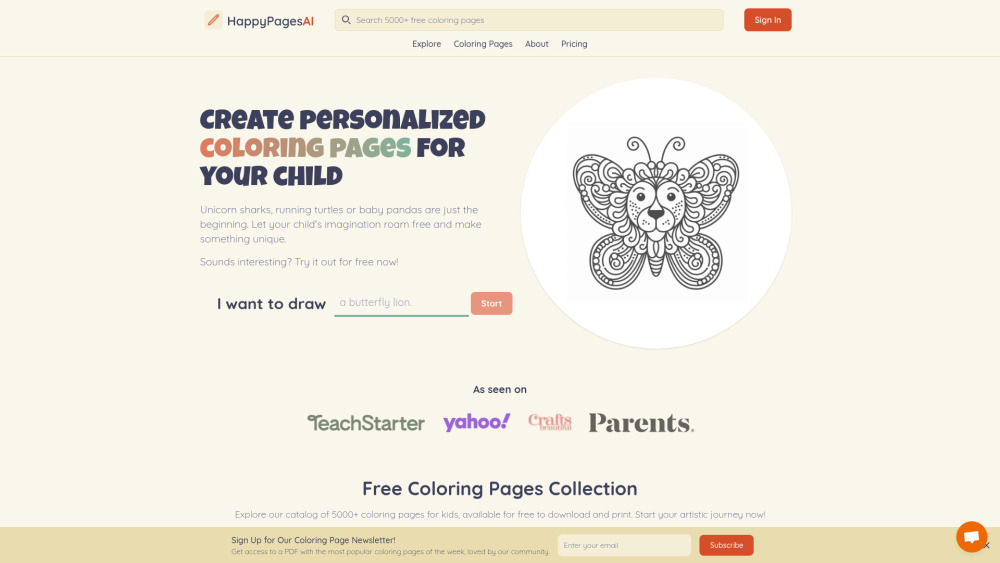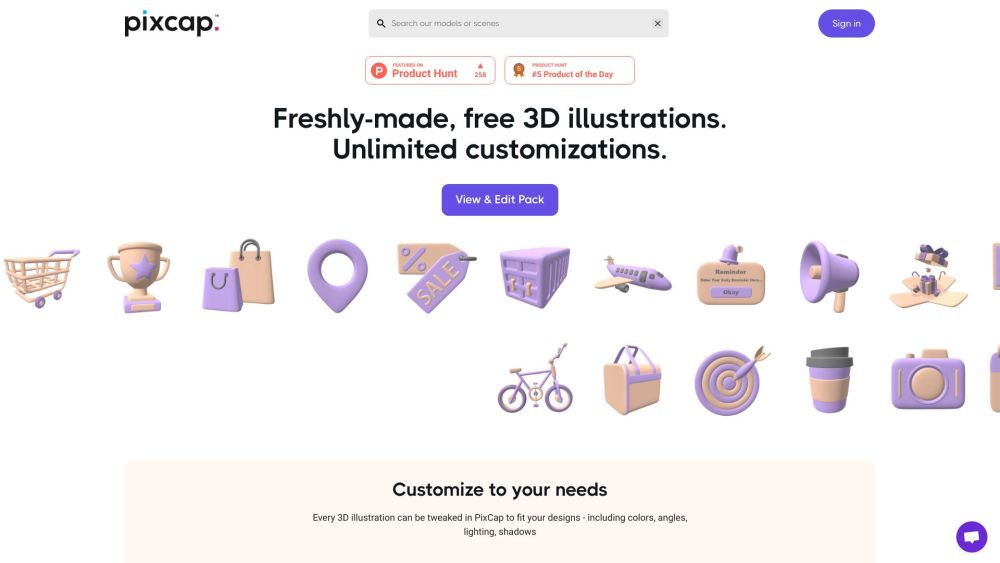The Decline of Shell Products in the AI Landscape
The market for "shell products" built on large language models (LLMs) like GPT-3 is complex and hard to quantify. Clear data on the number of emerging products using these advanced models is lacking. Startups, such as Jasper, face significant obstacles as they often follow a simple model: users enter queries, a fine-tuned LLM processes the input, and outputs are generated swiftly. For example, Jasper allows users to request an article, which the system then creates.
As LLM companies continue to innovate, they can easily replicate or even enhance the functionalities of these shell products. Many are essentially offshoots of larger models. Notably, prominent venture capital firm A16Z has commented on the generative AI landscape, emphasizing that applications lacking proprietary models heavily rely on support from LLM companies. The competitive landscape is fundamentally centered around the distinction between application layers and model layers.
Li Zhifei, founder of the Chinese AI company Mozi, observed that "the launch of ChatGPT attracted many casual users away from Jasper." Early in their development, many application-layer companies thrived by relying on LLM providers. However, as these businesses evolve, effectively managing the interaction between models and applications presents significant challenges. One approach, termed "Model as a Service," allows small development teams to iterate quickly and adapt to new model providers as technology advances. Jasper has embraced this strategy by utilizing various options, including OpenAI's models and several open-source alternatives like GPT-J, GPT-NeoX, T5, and BLOOM.
Another strategy involves retraining proprietary data to build in-house LLMs. Li Zhifei remarked, "Jasper considered creating its own model and developing unique features to keep professional users engaged." Nevertheless, this route poses several challenges. Developing proprietary models requires substantial funding and talent—resources that many startups find difficult to secure against established tech giants. Companies like OpenAI have come to dominate the market, supported by thriving ecosystems of various open-source models.
This situation raises a critical concern for developers: if they continue using OpenAI's API for application development, could OpenAI potentially introduce competing products? Beyond ChatGPT, OpenAI has launched several notable products:
1. DALL-E: An advanced image generation tool that translates natural language descriptions into images. DALL-E 2, an enhanced version, was released to the public a year later.
2. Codex: The core technology behind GitHub Copilot, which transforms simple English commands into multiple programming languages, released via OpenAI's API in August 2021.
3. Whisper: An automatic speech recognition system supporting 99 languages, with its API version available since March 2023.
However, OpenAI has now paused the debut of additional products. In a recent conversation, co-founder and CEO Sam Altman stated that the company would not introduce more products beyond ChatGPT, emphasizing that historically significant platforms require a standout application—ChatGPT is positioned as that super-intelligent workplace assistant.
During a Y Combinator discussion about the potential impact of OpenAI on startups, Managing Director Michael Seibel highlighted that companies like OpenAI and Anthropic prioritize developing artificial general intelligence (AGI) over traditional AI applications like CRM systems or enhanced search engines.
OpenAI’s influence on startups remains uncertain, but history suggests that major technological shifts often create more opportunities for startups rather than stifle them. Just as the Netscape browser did not impede Microsoft's IE or Google's rise, the launch of the iPhone facilitated the growth of companies like Meta and Uber.
Presently, it seems that ChatGPT predominantly affects the shell products based on the GPT framework. The AI revolution led by OpenAI is poised to encourage the emergence of innovative startups in the future.




